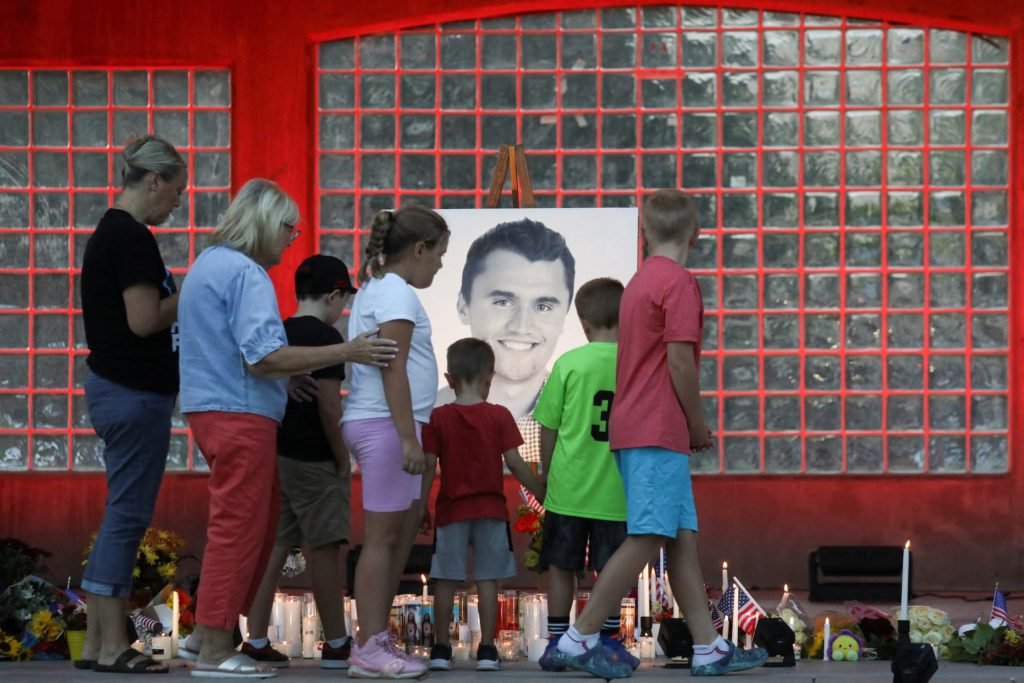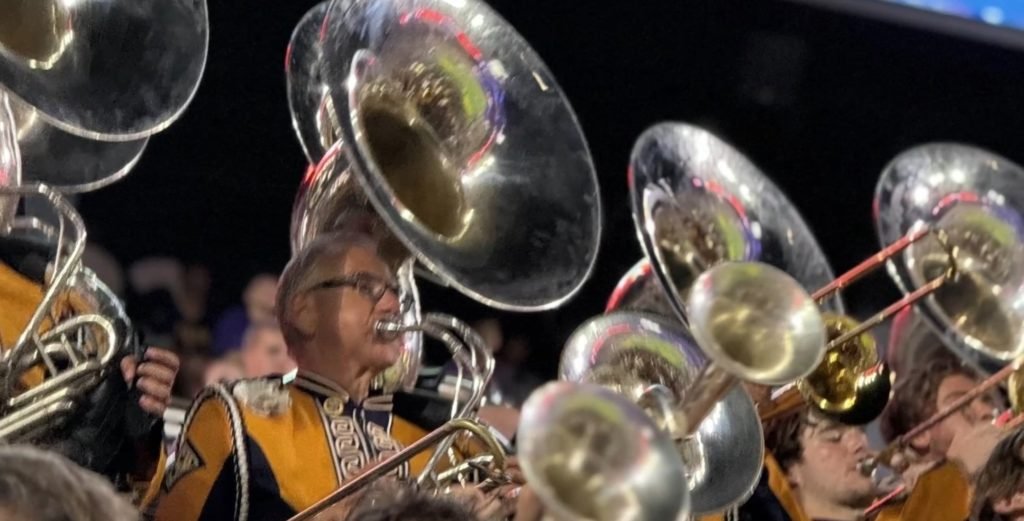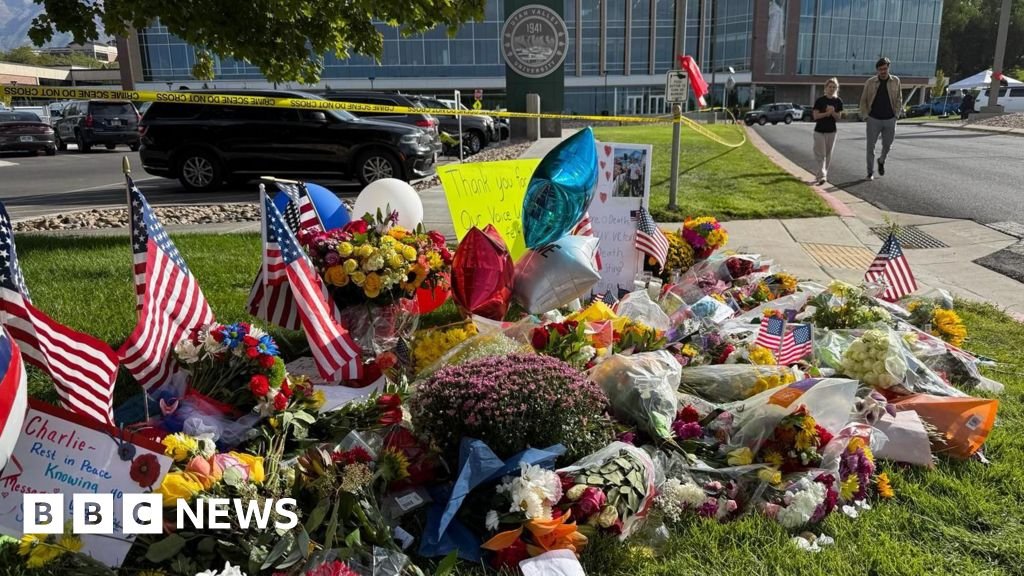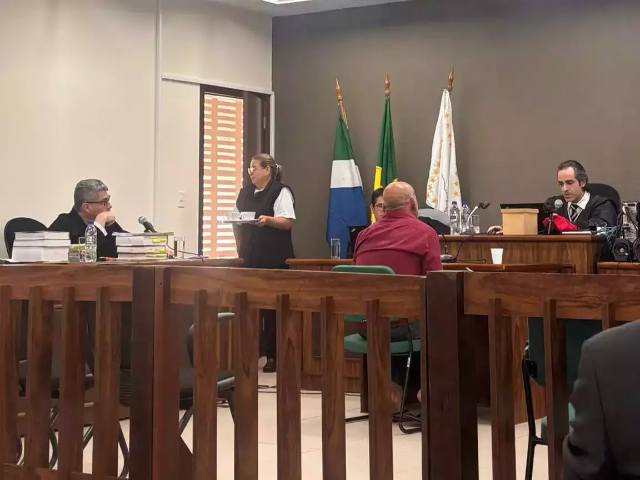Dr. Tori Cordiano:
Yes, I think honest conversations with kids about that they may not always be able to predict when a video like this will come up in their feed or when somebody tips their phone toward them and tells them to take a look at this thing that they’re viewing. So they can’t always keep themselves protected from that.
That’s important to say, because sometimes kids can feel a sense of guilt or responsibility for having seen this, even if they hadn’t meant to. Beyond that, checking in with kids about how they’re feeling afterward can give them good guidance about how to move forward.
So, for example, if they had a strong reaction to this, reminding them that not seeking this out more, not taking in more of this content, although they may feel a curiosity or some desire to do so, that we know that them taking steps to limit it — and that might mean taking breaks from their app, it might mean blocking certain sites or certain places where this can come up, and turning more to conversations that they can have in real time.
That can be with parents. It can be with their friends. I know this is happening in a lot of classrooms in high schools this week, where we’re creating space for actual conversation about what has happened.




